The Lebanese economy was built on an unsustainable rentier model. In the 1950s and 60s, Lebanon played the role of a Middle Eastern financial (banking), energy (oil refineries) and transport hub (Beirut port and airport). This model ran out of steam with the development of the Gulf countries and the Lebanese civil war.
From the 1990s, the political-financial elite sought to recreate this model, but ultimately refocused it on its banking component and on the attraction of foreign capital intended for reconstruction (mainly real estate) and not for productive investment. In addition, the doctrine of a fixed LBP/USD exchange rate and the subsequent increase in interest rates created an unfavorable situation for productive investment: Lebanon thus suffered from the Dutch disease, without having any primary resources.
The advent of the crisis in 2019 did not lead to a deep questioning of this rentier model, which fell back on its dependence on the diaspora via fund transfers ($6-7 billion, 30% of the GDP) and tourism revenues linked to seasonal returns ($4-5 billion, 20% of GDP).
The majority of the country’s elites remain convinced that this system – objectively very degraded and vulnerable – will be able to hold out until the appearance of new rents, which however appear neither sustainable nor realistic:
- the tourism sector is very vulnerable to external parameters, as the current crisis has just reminded us ;
- even in the event of a major gas discovery, budgetary revenues would be limited and would only materialize in the medium term ;
- the reconstruction of Syria would have a limited impact on the Lebanese economy, in a context of strong regional competition in industrial and port terms.
Lebanon nevertheless has the assets to evolve towards a productive and sustainable economy.
Human capital can become one of the engines of the economy, in particular through the revival of the tech ecosystem and business services. The Lebanon destination thus presents outsourcing opportunities given a trilingual, qualified and competitive workforce. This trend is materializing in the bilateral relationship, since 25% of Lebanese employees (out of 6,300 in total) of French companies established in Lebanon are dedicated to backoffice activities or contribute from Lebanon to operations targeting third-party markets.
Furthermore, Lebanon’s agro-climatic diversity and water resources could contribute to the rise of the agricultural sector and the agri-food sector. Finally, the development of local light industry, currently embryonic but diversified, would make it possible to rebalance foreign trade through partial substitution of imports and an increase in exports.
Historically disadvantaged by high interest rates and an overvalued real exchange rate, Lebanese industry has not managed to redirect its production towards exports in the context of the crisis (exports having increased from 3.7 billion $ in 2019 to $3.5 billion in 2022).
The emergence of this new virtuous economy requires numerous prerequisites:
- the preservation of human capital, Lebanon’s first comparative advantage and absolute priority in a context of decay of the education and university system ;
- the stabilization of the macroeconomic framework and the restructuring of the banking sector, while the lack of access to credit constitutes one of the main obstacles to business development ;
- the preservation of state functions for setting standards, in particular to promote exports and generate economies of scale ;
- the recovery of infrastructure, particularly energy, by mobilizing public-private partnerships (PPP).
Source French Embassy in Lebanon, Economic Service





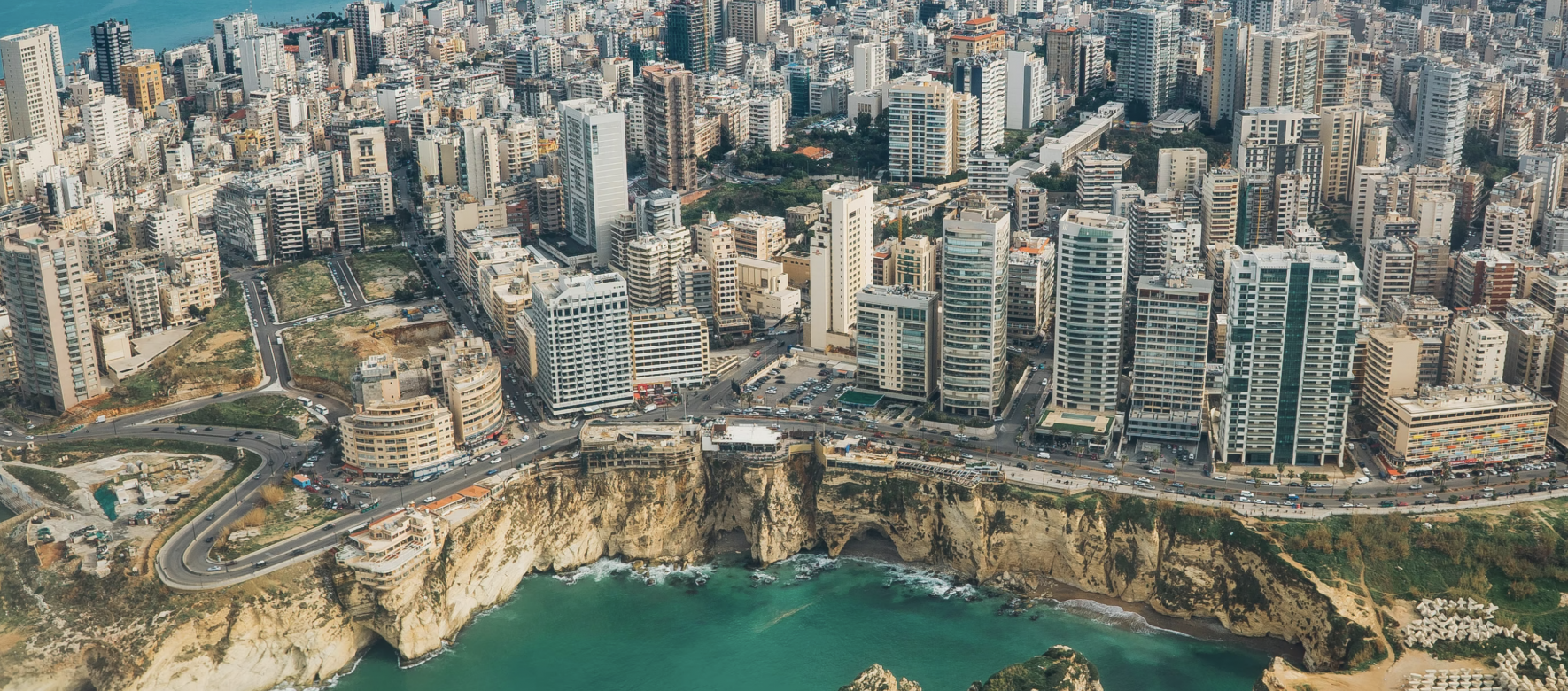







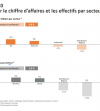

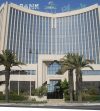



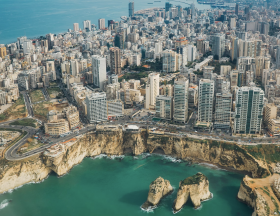
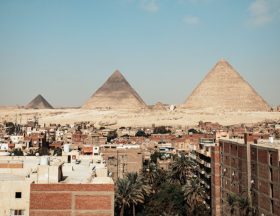

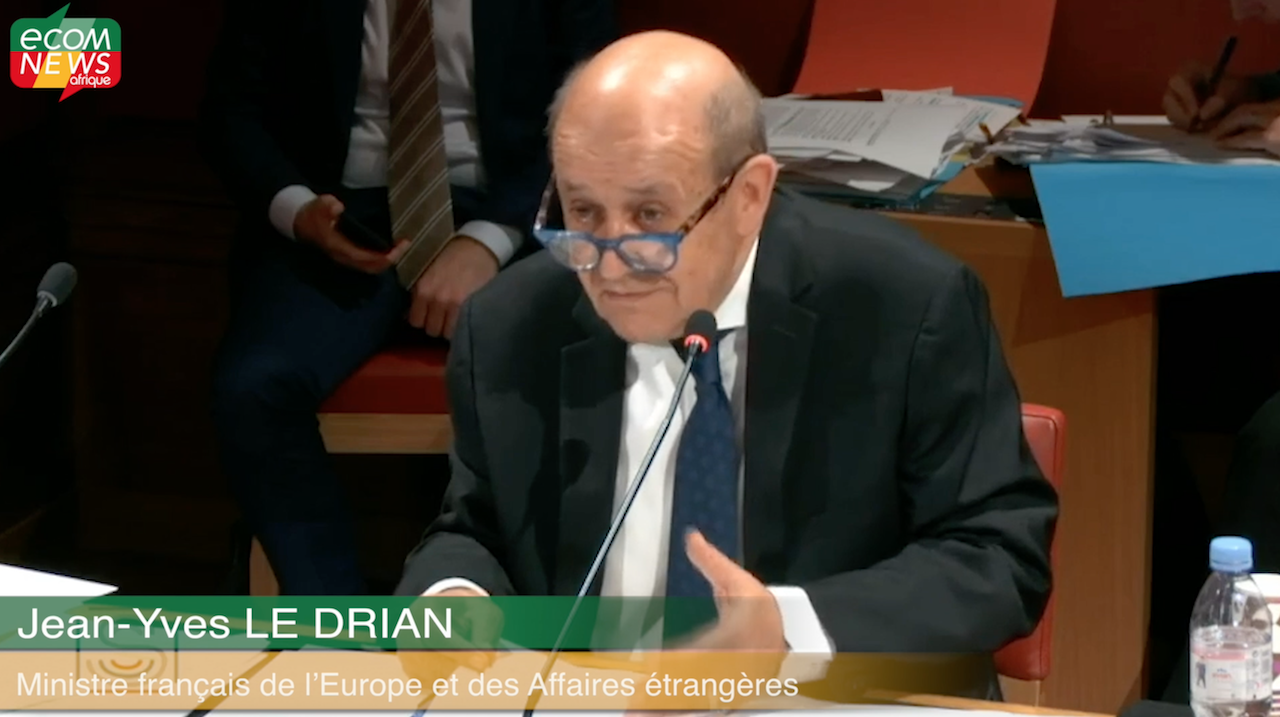
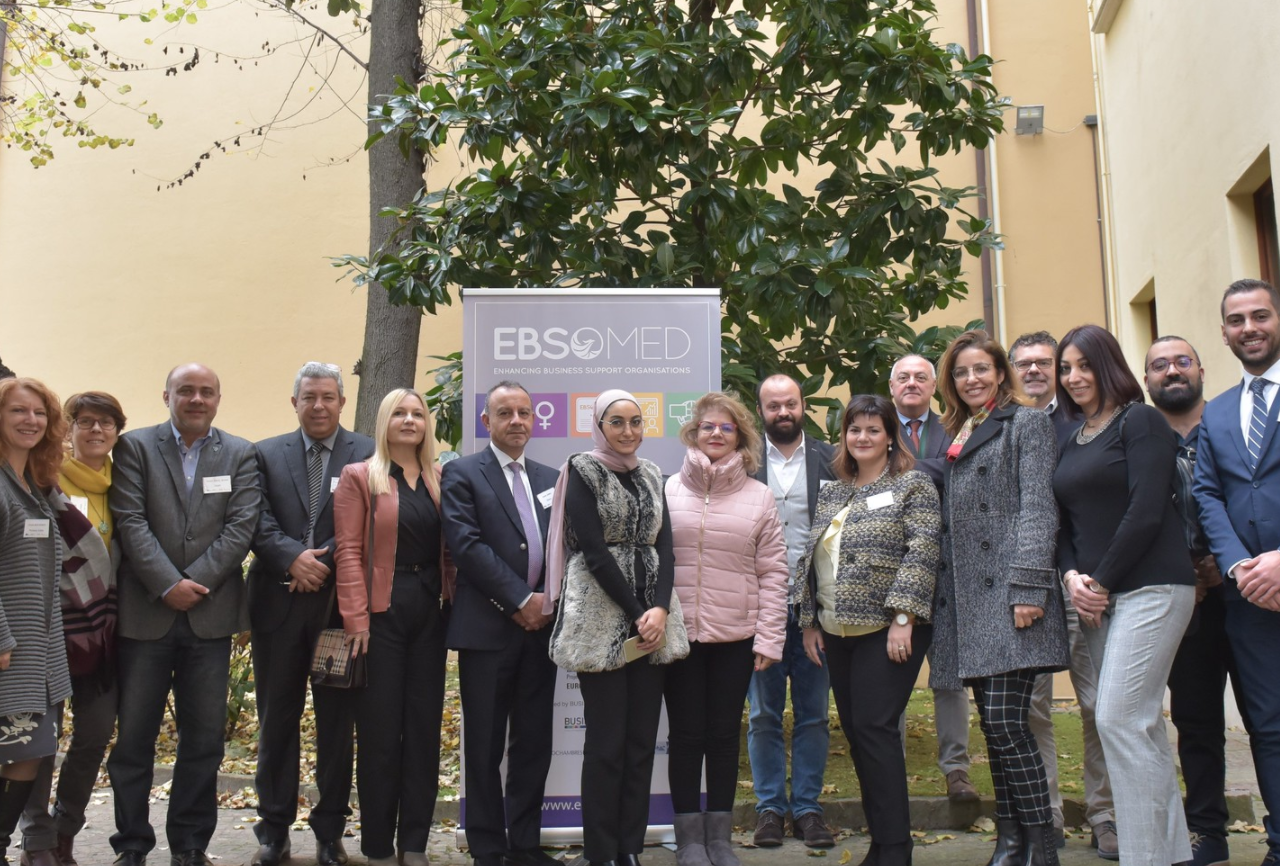
Réagissez à cet article